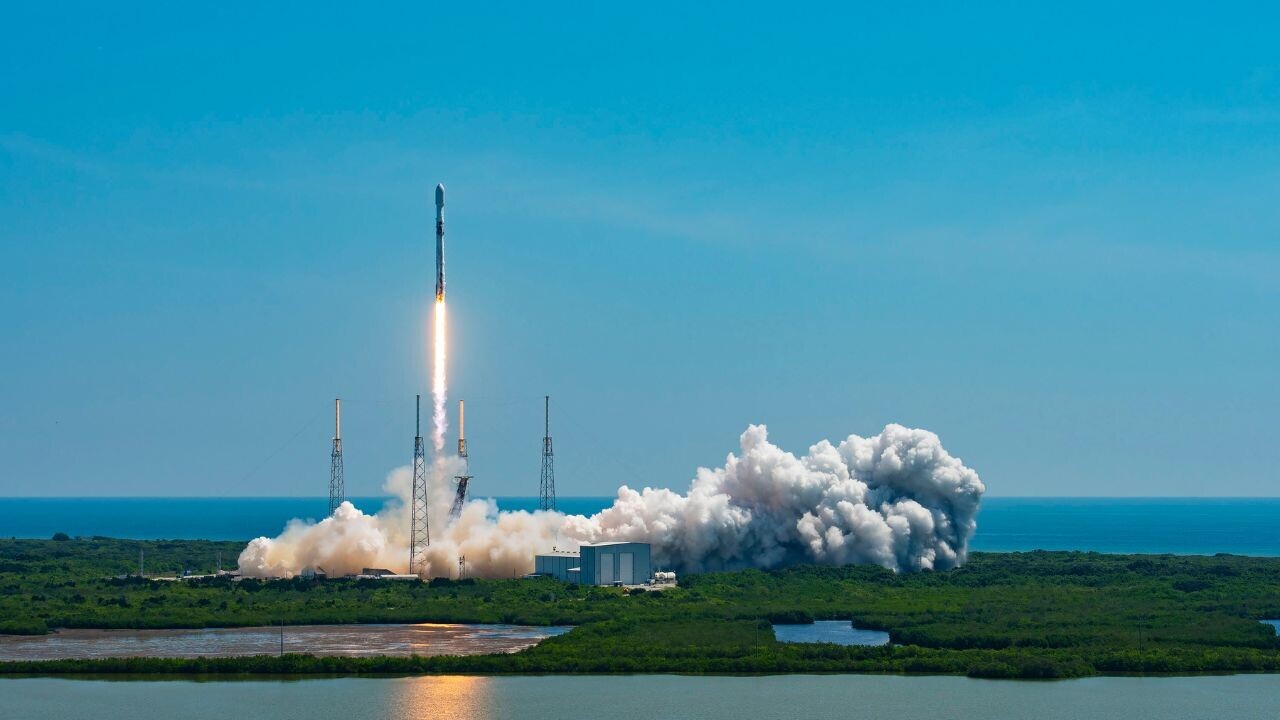
The European Space Agency’s budget for 2024 has hit a record €7.79bn — 10% more than last year.
The largest portion of the funds will go to Earth observation (EO), which is allocated almost €2.4bn — around 30.5% of the total.
It’s a share that reflects growing demands for satellite-based monitoring of our planet. The data can play a powerful role in managing pressing global challenges, such as climate change and natural disasters.
After EO, the biggest chunks of ESA’s budget go to navigation and space transportation, which bag around €1bn each.
A further €874mn is reserved for human and robotic exploration — but that figure hasn’t satisfied everyone.

With excitement growing about missions to the Moon and Mars, there have been calls for heavier investment in exploration.
ESA’s Director General, Josef Aschbacher, defended the allocation.
“We’ve got a 36% increase of the exploration budget compared to the previous ministerial,” Aschbacher said at a Thursday press conference.
He added that this trend is set to continue, although “not, maybe, by the same figures.”
Aschbacher also highlighted ESA’s launch plans for 2024. The agency has scheduled eight new missions for the year — including the long-awaited maiden flight of Ariane 6.
Development of the heavy-lift rocket is running four years behind schedule. That delay has caused enormous problems for ESA, which has essentially had no launch service since Ariane 5 was retired last July.
The debut flight should allay the concerns. It’s due to take place between June and July.
Get the TNW newsletter
Get the most important tech news in your inbox each week.





